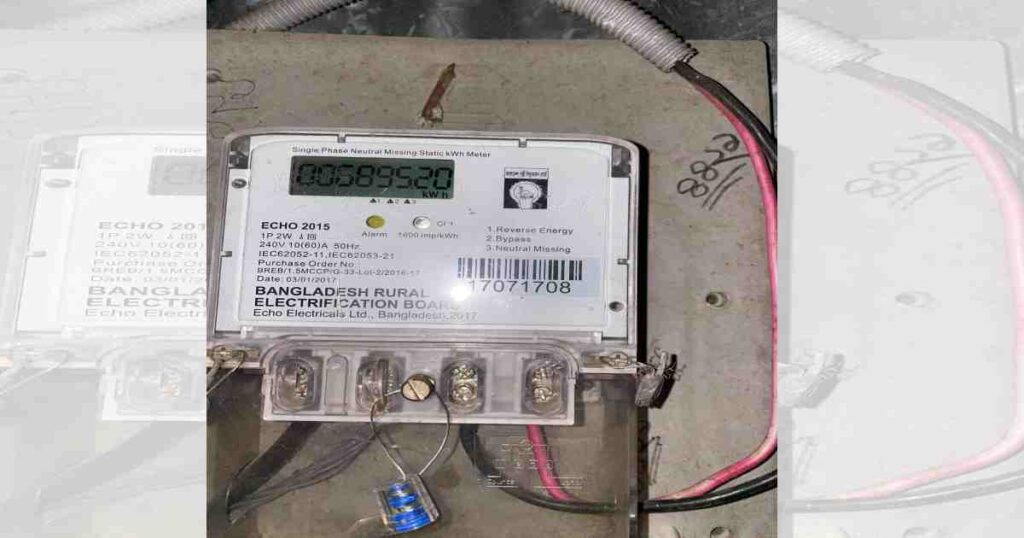Dhaka, May 8 – Although the government has allowed rental and quick rental power plants on a short-term basis, now their owners are pursuing a long term agreement which cannot be acceptable in any case, said Bangladesh Power Development Board (BPDB) Chairman Belayet Hossain. Belayet Hossain made the remarks while speaking at a webinar titled: “Upcoming National Budget FY 2021-22: Expectation of Power Producers” on Saturday.
He observed that despite huge criticism from the mass people, the government allowed these high-cost rental and quick rental power plants as a remedy to the power crisis of that time.
“But these high-cost power plants cannot operate beyond their short-term agreement period”, he added.
Forum for Energy Reporters Bangladesh (FERB) organised the online seminar with its chairman Arun Karmaker which was also addressed by State Minister for Power, Energy and Mineral Resources Nasrul Hamid, Power Secretary Habibur Rahman, Power Cell director general Mohammad Hossain, and President of Bangladesh Independent Power Producers Assertion (BIPPA) Imran Karim.
BIPPA Vice President Mozammel Hossain made a presentation on the topic while FERB executive director Shamim Jahangir conducted the webinar.
The BPDB Chairman noted that still, the government has to purchase electricity at a much higher rate from the private power producers and sell it to the consumers at a lower rate that incurs a huge financial loss to the BPDB.
This creates a huge gap of Tk 1.60 per units between the BPDB’s average generation cost and electricity supply to the consumers, he noted adding that the government had to provide Tk 7000-8000 crore in the current fiscal as subsidy to fill the gap.
“This fiscal year, this gap will go up and the government has to provide increased subsidy”, he said adding that there is an indication that allocation for the power sector may be decreased in the upcoming national as the government’s focus is shifting to the health sector.
State Minister Nasrul Hamid said the BPDB has to be more efficient in power generation by retiring the inefficient power plant without showing many excuses.
He, however, agreed to different demands of the private power producers like lowering the income tax, reducing import duty on furnace oil, waiving advance income tax and removing complexities in stamp duty.
Power Secretary Habibur Rahman assured the private power producers to place their demands to the National Board of Revenue.
BIPPA president Imran Karim said the private power producers have to face difficult times due to the increased import duty of furnace oil to 34 percent and also for obligation on paying advance income tax.
Mohammad Hossain said although the country’s power generation capacity reached over 24,000 MW, still, industries do not trust that the government can supply quality power.
“That’s why 3000 MW power is being generated by the captive power producers in the industrial sector”, he added.
Mozammel Hossain said private power producers are facing delay in getting their payments against the sale of electricity to the government.
He also alleged that private power producers are not getting environmental clearance certificates before commissioning their power plants. – UNB




